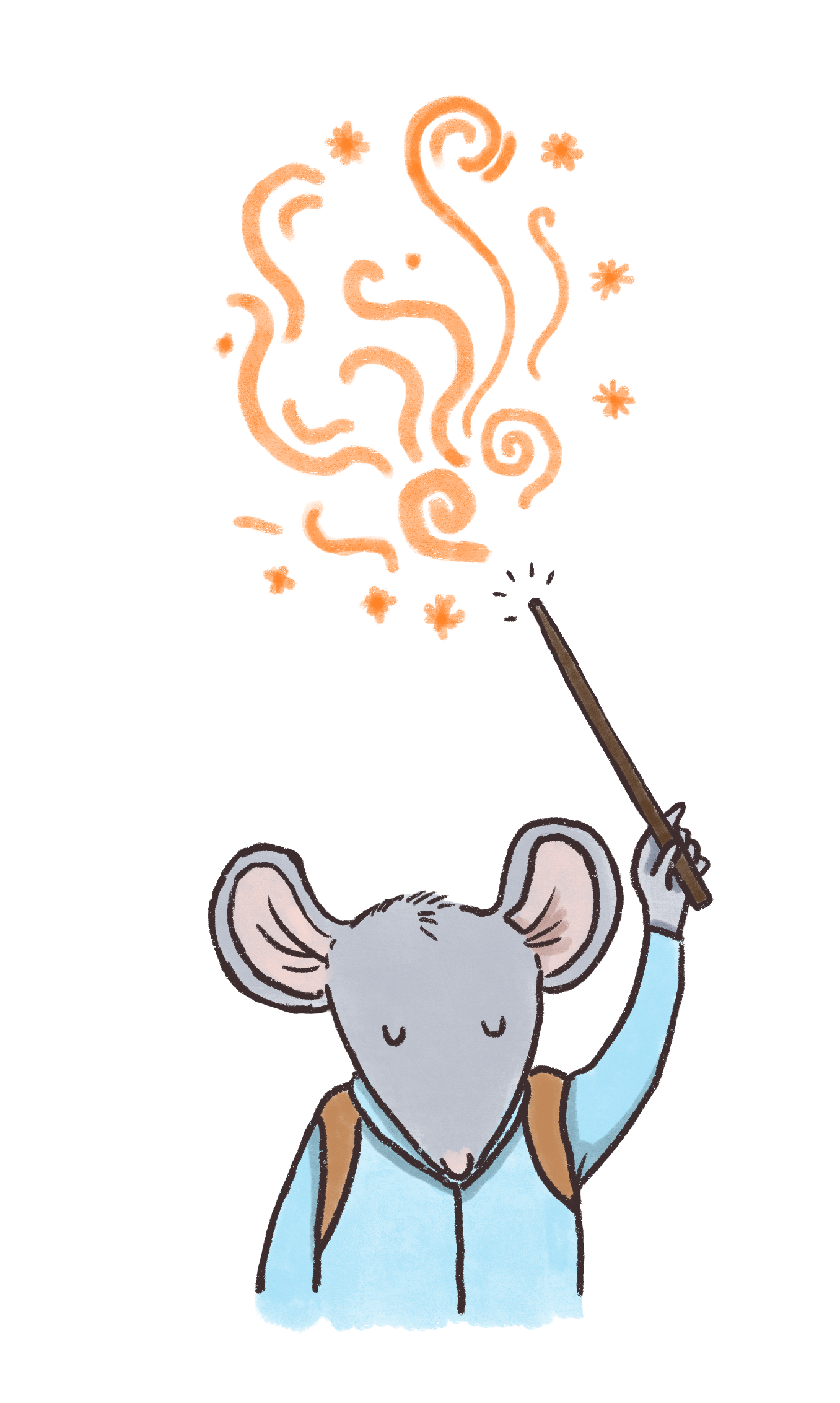Through education we equip ourselves with the skills that we need to be human beings who build healthy relationships and solve problems in ways that value the inherent dignity of others. If we are equipped with relevant skills, we change perceptions and positively contribute to the development and welfare of our communities, thus reducing opportunities for conflict promoting behaviours.

Imagine you found a magic wand that can bring peace to people with one simple swoosh. Imagine what this peaceful world looks like.
Think and describe (in around 5-10 sentences) which values, behaviors and skills you would ask from your magic wand that would be necessary for people to act more peacefully towards each other.
Notifications
If we managed to practice this on a daily basis it will firstly be an advantage for ourselves; then it will serve as an example to others and slowly it can bring results.
To live in a peaceful world it would need to have Inner peace, Empathy, Sympathy, Justice, self-awareness, mutual respect, and create space with equal opportunities for those around you. This approach will help you to live with a calm conscience. otherwise, you will live in a world that is covered with chains. The mentioned approach will help us to educate our children for a better future.
To live in a peaceful world would require empathy, real (//active) listening, self awareness (values, emotions, needs…), observation, equal opportunities, to respect oneself, the others and all living beings, to learn and use non violence means to solve conflicts… All that being possible if it becomes part of the way we raise our children at home, at school and in your community.
To live in a peacefull world would require empathy, real (//active) listening, self awareness (values, emotions, needs…), observation, equal opportunities, to respect oneself, the others and all living beings, to learn and use non violence means to solve conflicts… All that being possible if it becomes part of the way we raise our children at home, at school and in your community.